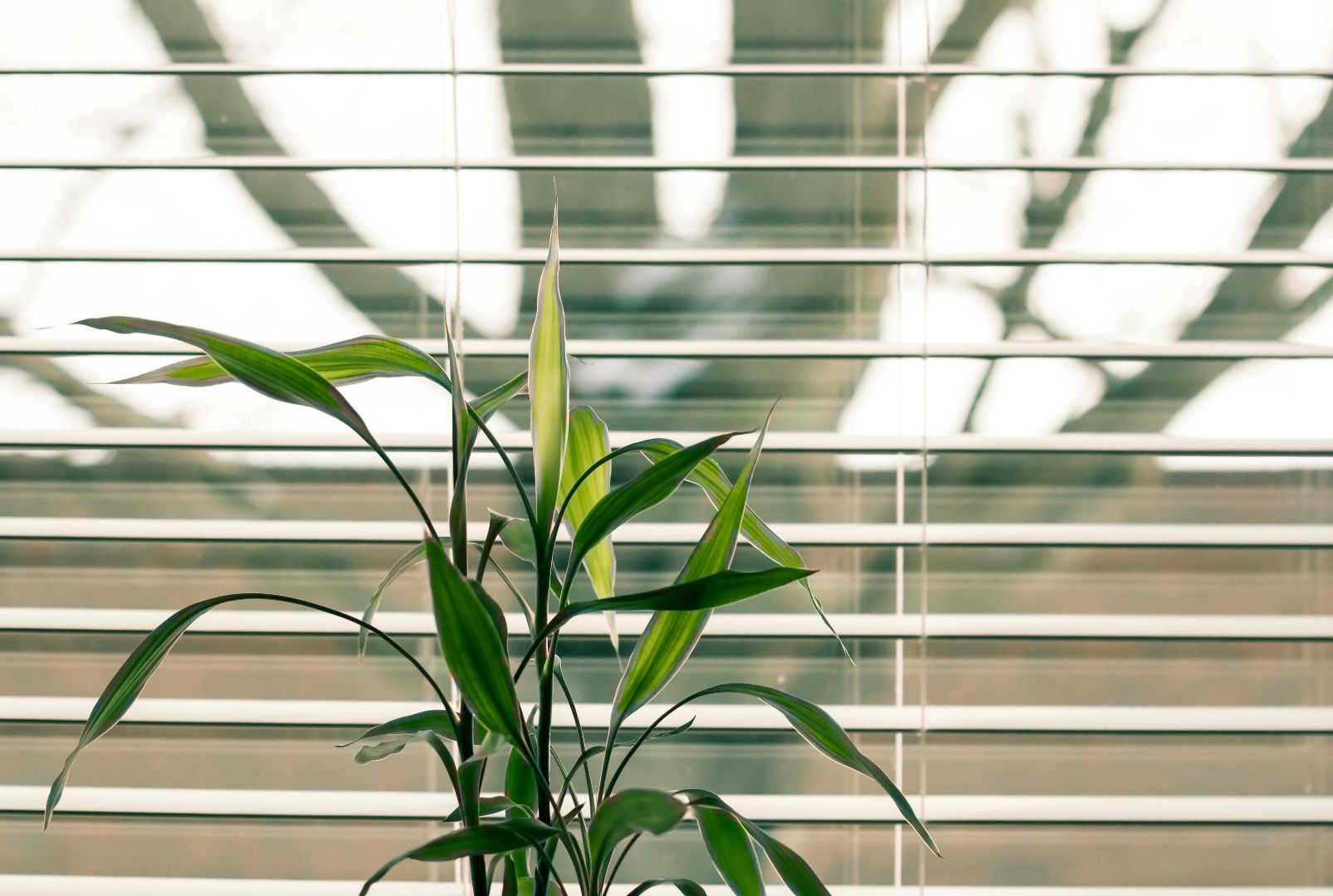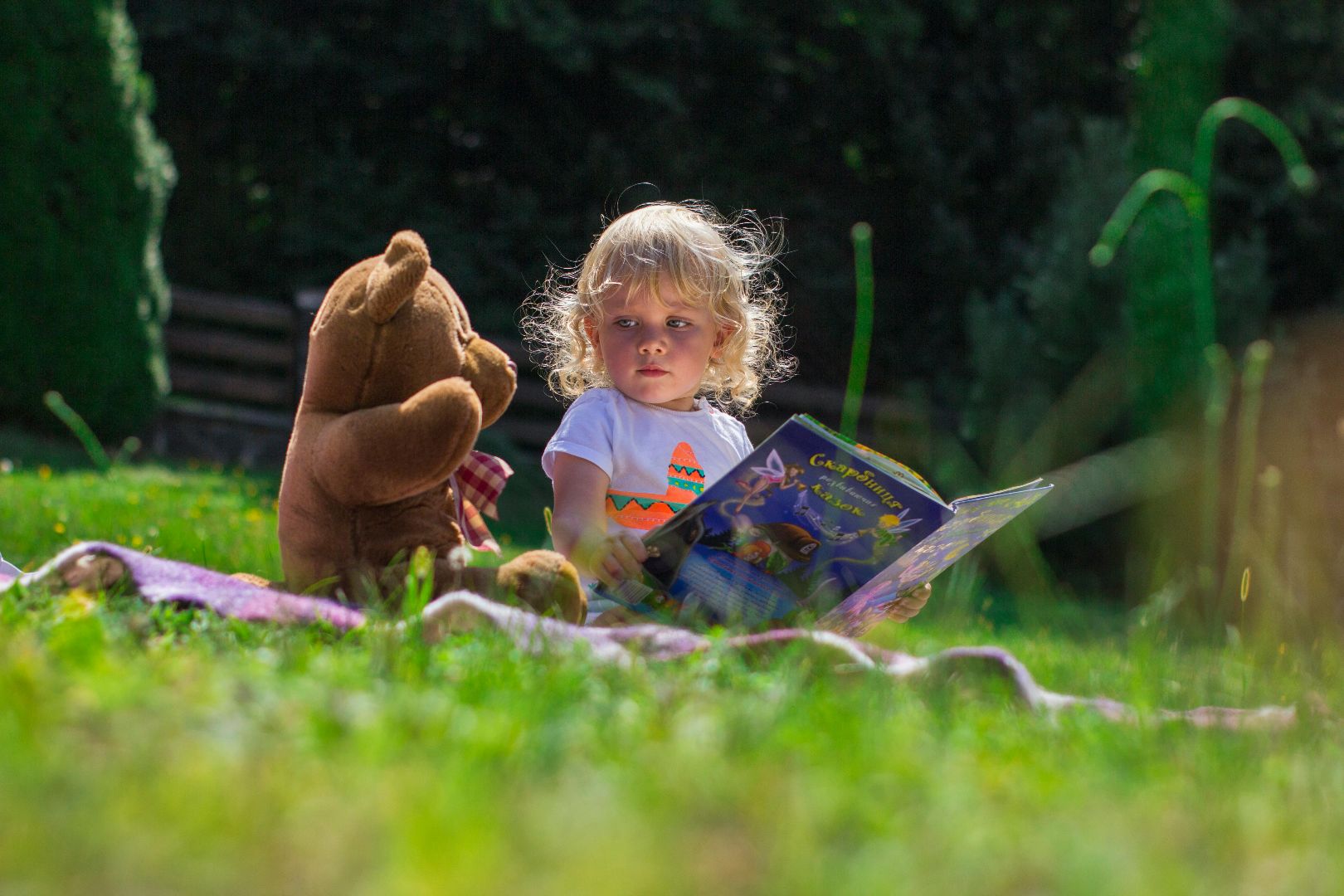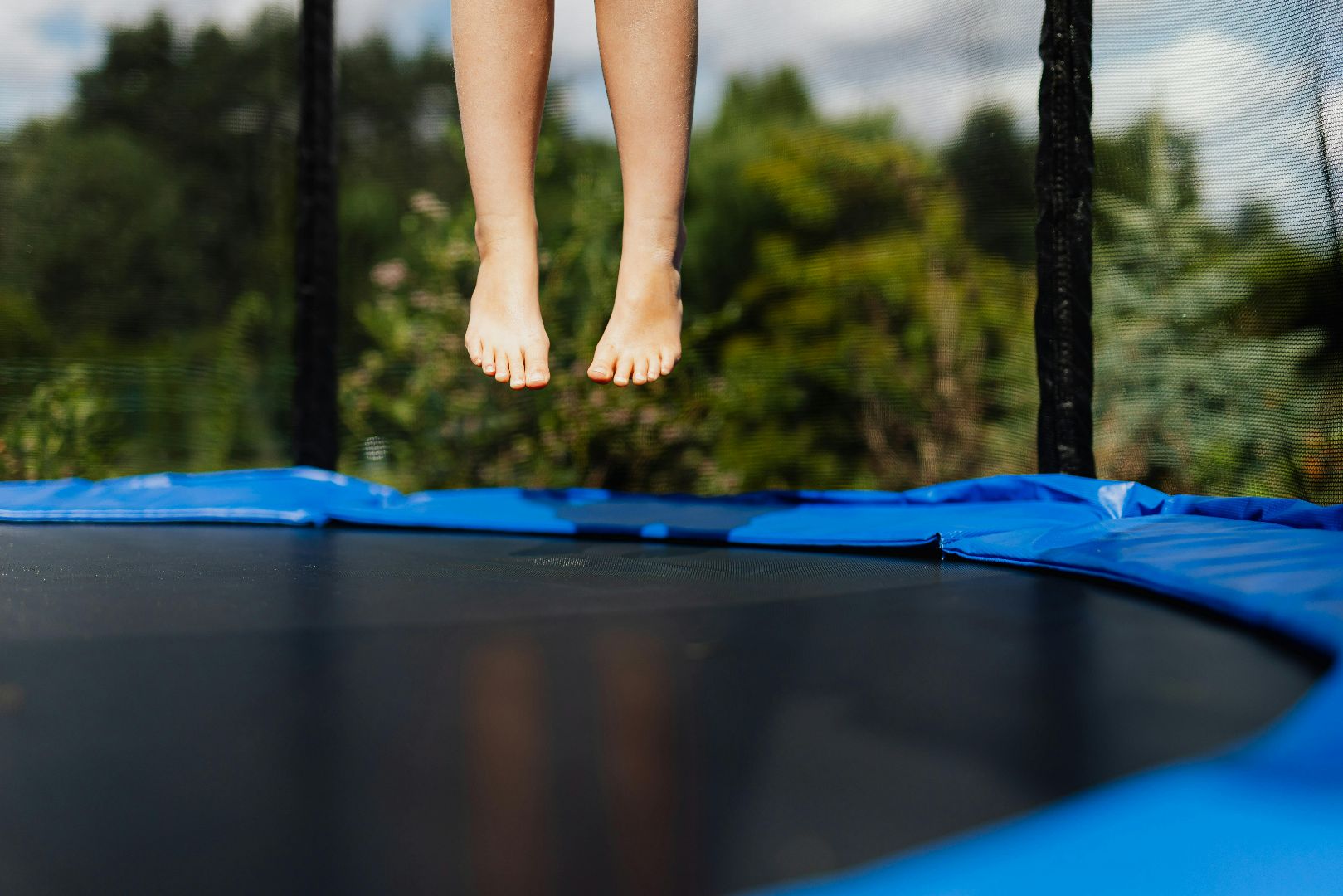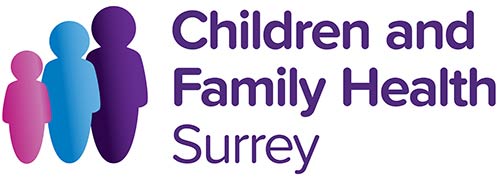Falls
According to RoSPA, falls are by far the most common causes of accidents in the home and account for 44 per cent of all children's accidents. Safety tips:
- Fit windows with restrictors to prevent children falling out but make sure you can get out in an emergency. Visit National Child Mortality Database website for more advice.
- Fit a safety gate (BS EN 1930: 2011) at the top and bottom of stairs.
- Never leave tripping hazards on the stairs.
- Stairs should be carefully maintained - damaged or worn carpet should be repaired or removed.
- Make sure balustrades are strong and do not have any footholds for climbing.
- Stairs should always be well lit.
- Do not put anything under the window that can be climbed on.
- Furniture and tall kitchen appliances are at risk from being pulled over and should be secured to the wall.
Visit the RoSPA website for more safety advice.
Falls and babies
Babies develop new skills very quickly and you might not be prepared for what they can do. For example, your baby could roll off your changing table in a split second when your back is turned. Safety tips:
- If you can, change your baby's nappy on the floor using a changing mat.
- Never leave your baby unattended as they can easily roll off sofas, changing tables and beds.
- Never put baby car seats or cradles on top of sofas, tables, or worktops, put them on the floor as your baby's wriggling could tip it over the edge.
- While carrying your baby up and down stairs always hold the handrail in case your trip. Also make sure the stairs are free from trip hazards.
- When purchasing a walker, check it complies to British Standard BS EN 1273:2005.
- Watch where you are walking when carrying your baby, it is easy to trip over.
- Always use a 5-point harness when your child is in their highchair or pushchair.
Visit the NHS website for more safety advice.
Room blind safety

Visit the Accident Prevention Trust website for safety advice.
Online safety
According to Gov.uk over 80% of children (aged 12-15) have had potentially harmful experiences online. Safety tips:
Under 11 years
- Talk PANTS will help
- Make sure you are using language they can understand.
- If you suspect grooming or exploitation, you can report this directly to Child Exploitation and Online Protection (CEOP).
Older children
- Their needs and behaviours will be changing, and they may find talking to you about difficult topics embarrassing.
- They will still look to you for support, so continue to check in with them regularly, even if there is nothing they want to talk about.
Visit the NSPCC website for more safety advice.
Safety in the garden

- Keep children away when using lawnmowers, hedge trimmers or doing DIY projects that involve using equipment in the garden or outside space.
- Lock away DIY and garden chemicals.
- Keep garden chemicals in the original container and put them away after use. Things like slug pellets or plant food can be deadly if swallowed by children.
- 5 children die in garden ponds every year. Keep young kids safe and either fence it, grill it or fill it until they’re a bit older.
- Keep pets and children well out of the way when you are gardening or using electrical equipment in the garden.
- Do not handle electrical equipment if you have drunk alcohol.
Plants
- Visit the Woodland Trust for advice on foxgloves and other poisonous plants
- Teach children not to play with or eat growing plants.
- Always read the label carefully if you are buying new plants. If you are unsure about the existing plants in your garden, visit a flower shop or garden centre for more advice.
- If you think a child or adult has eaten part of a doubtful plant, go immediately to your Accident & Emergency department.
- Take a sample of the plant with you.
- DO NOT try to make the person sick.
- Visit the RHS website to find plants to include in a child-friendly garden.
Trampolines

- Go on one at a time, according to RoSPA 60% of injuries happen when more than one person is on the trampoline and the person weighing less is five times more likely to be injured.
- Do not let children under the age of six on a trampoline as they are not sufficiently physically developed to control their bouncing.
Visit the Which? website for more safety advice.
Garden Ponds
Garden ponds are good for wildlife and nice to look at but can be dangerous for toddlers and young children. On average, 5 children under the age of 6 drown in garden ponds in the UK every year.
- Garden ponds should be filled in or fenced off while children are small.
- Think about your neighbours’ gardens too – young children can wander off into them and drown in garden ponds, even if you do not think they have access.
- Take special care when visiting other people’s gardens with ponds
Visit the RoSPA website for more safety advice.
Water Safety
Globally, drowning is among the ten leading causes of death for children aged 5 to 14 years.
Please visit the Child Accident Prevention Trust website for child drowning prevention tips.
Please visit the Surrey County Council website for advice about staying safe in Surrey's rivers and lakes.
Water/Bath Safety
At home, younger children are most likely to drown in the bath or garden pond. It is important for parents to understand the risks of babies and young children being left alone, even for a moment. You may not get a warning that something is wrong as babies can drown silently in as little as 3cm of water. Safety advice:
- Never leave children or a baby in a bath unsupervised by an adult even for a moment.
- Never leave uncovered bowls or buckets of water around the home or garden.
- While bath seats can be a useful tool in helping busy parents at bath-time, it is important to remember they are just a support and not a safety device.

